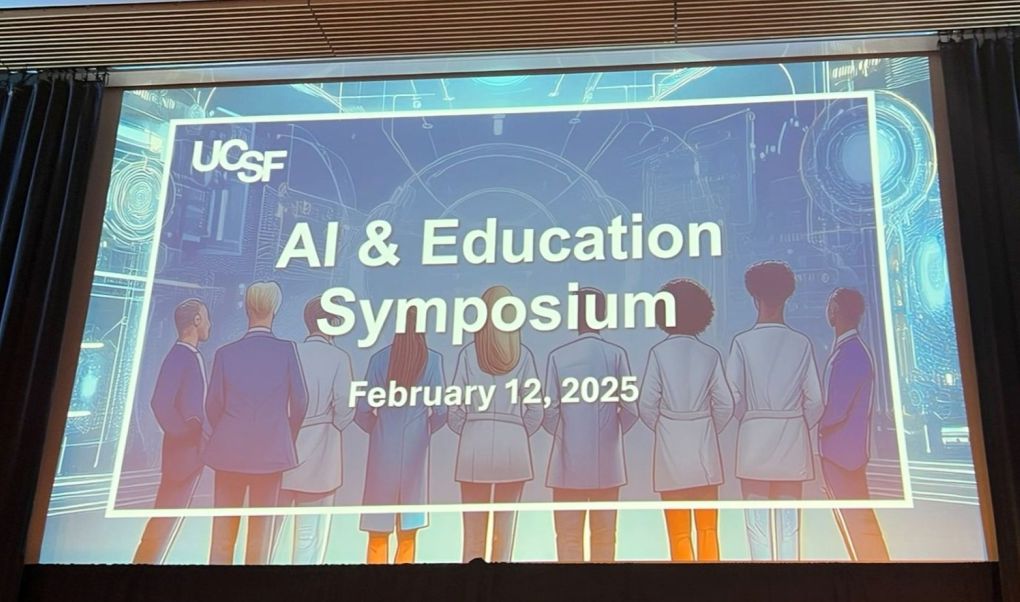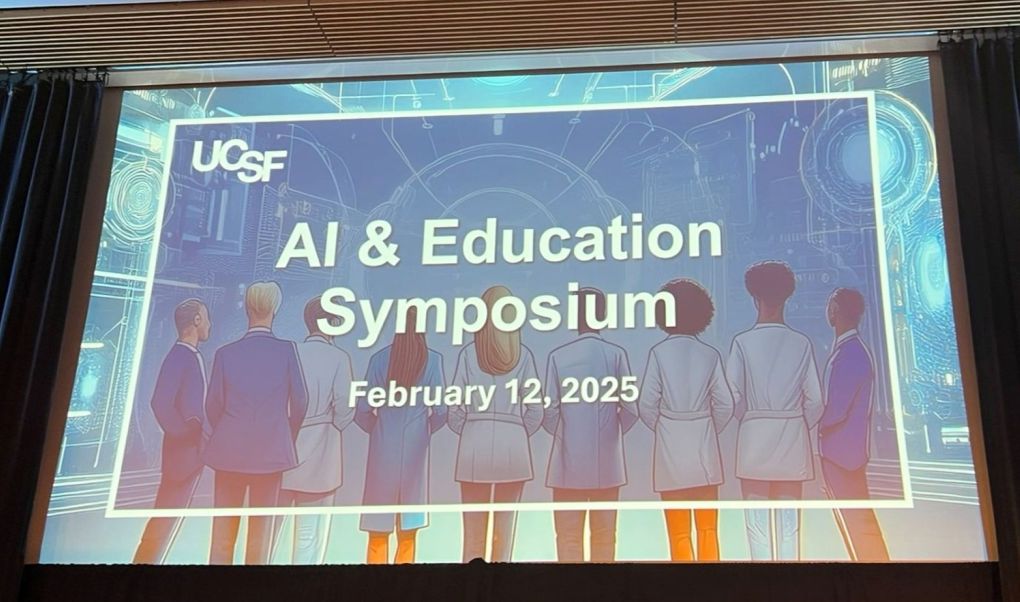
“Let’s not be scared of it (AI). Let’s recognize that we’re competing not against some mythical perfect healthcare system but the one we actually have, which doesn’t work very well” – Dr. Wachter.
The featured speakers were Dr. Robert Wachter, MD, Professor and Chair, Department of Medicine, University of California, San Francisco [He will be coming out with his 7th book soon, “A Giant Leap: How AI is Transforming Healthcare and What It Means for the Future”], and Dr. Laurah Turner, PhD, Associate Dean for Artificial Intelligence and Educational Informatics, Assistant Professor, College of Medicine, University of Cincinnati
Dr. Wachter said that the risk of moving too slowly outweighs the risk of moving too quickly when implementing AI in healthcare, emphasizing the need for thoughtful yet bold action.
He emphasized that strategic priorities should focus on “low-risk, high-yield” use cases, such as administrative support (i.e., summarizing charts and drafting prior authorizations) and non-clinical applications (i.e., improving communication and empathy in patient interactions) before moving to high-stakes clinical decisions. With all AI upsides mentioned by Dr Wachter, he strongly cautioned that over-reliance on AI can erode human expertise, as seen in aviation.
Dr. Wachter paraphrased Ethan Mollick’s 4 Rules of Co-Intelligence:
1. Always invite AI to the table
2. Be the human in the loop
3. Treat AI like a person
4. Assume this is the worst AI you’ll ever use.
Dr. Laura Turner discussed four essential pillars as the foundation for developing and deploying AI in medical education.
Pillars:
- Transparency: Students and patients should know when AI is involved in their education or care.
- Privacy: AI must respect and protect personal data. Learners should have control over how their data is used.
- Fairness: AI must work for everyone, not just those well-represented in training data.
- Accountability: Developers and institutions must ensure AI prioritizes safety over convenience.
Dr. Turner emphasized that these pillars are critical for ensuring AI enhances medical education without compromising its core human values. She noted that these pillars serve as a guiding framework for her projects at the University of Cincinnati, ensuring alignment with the needs of learners, educators, and patients.
Summary
Drs. Wachter and Turner highlighted AI’s immense potential to transform healthcare and medical education while underscoring the need for careful, strategic implementation to maximize benefits and mitigate risks.
A big thank you to Joey Bernal for including me in the symposium.
#MedicalEducation #AIInEducation #AIInHealthcare #MedEd #AIConsultingfirm

